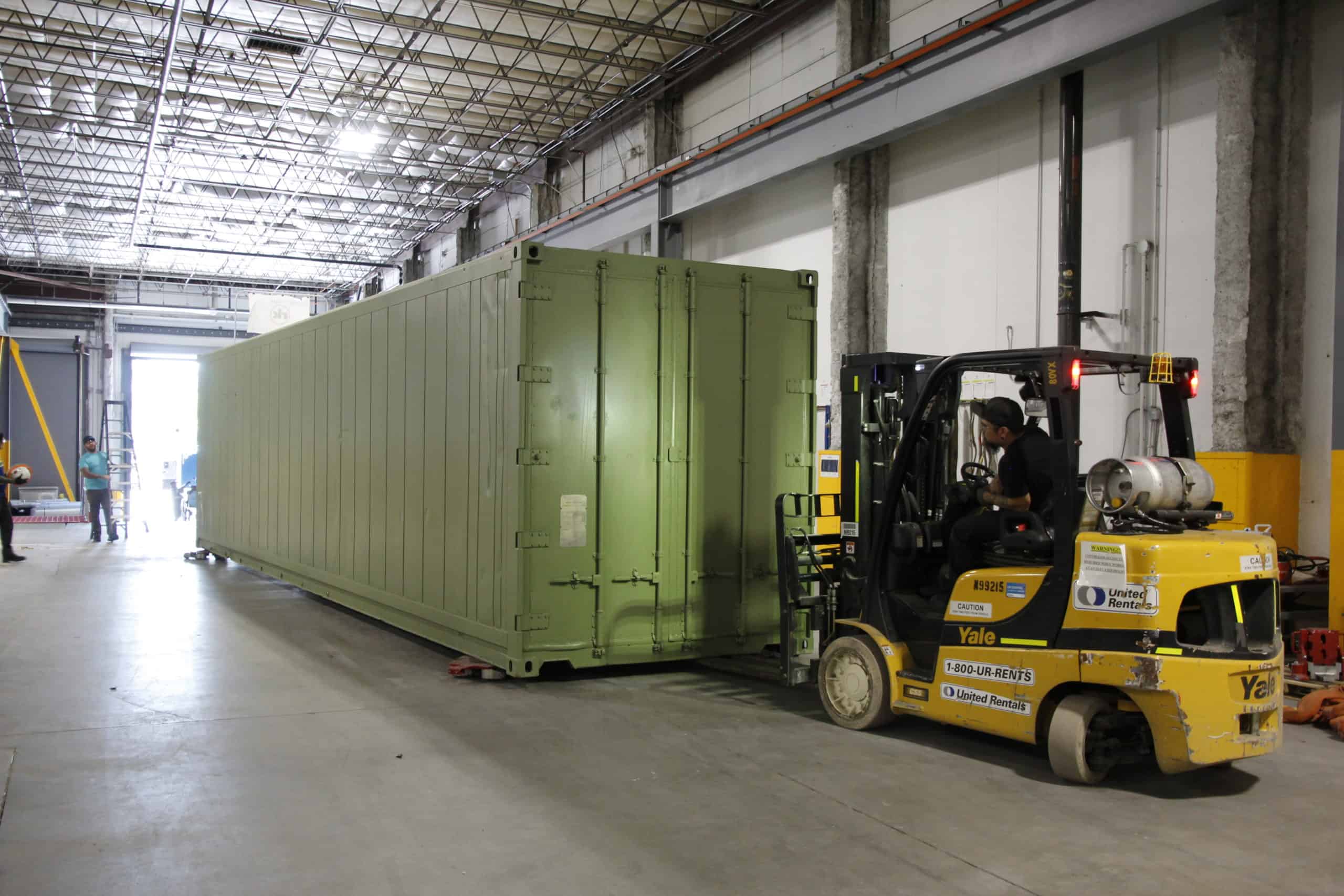SEDALIA, Colo. – A post-pandemic resurgence in sales across multiple industries has put an unprecedented strain on shipping, and the logjam shows few signs of easing.
In recent months, ships have stacked up at ports worldwide, waiting weeks to deliver their imported goods. Likewise, demand for flatbed trucks and dry vans has skyrocketed, resulting in longer delivery timeframes and significant logistical entanglements.
According to the American Trucking Associations, a national trade association for the trucking industry, manufacturing output is expected to rise by 7.2% in 2021. The transportation system’s capacity is being tested, and for those shipping food, it’s becoming an even tougher task to get goods from point A to point B. The ever-increasing rate of online sales and consumers’ growing expectations of quick delivery have resulted in a reprioritization of what is shipped and when.
The American Trucking Associations anticipates a 3.7% rise in food manufacturing this year, and U.S. exports of food could climb as much as 10%.
It’s only in times like these that massive shifts in behavior manifest themselves, and the idea of decentralizing the food supply chain begins to look better and better. For businesses that grow produce in the communities where that food is then consumed, the shipping challenges are a peripheral issue.
FarmBox Foods, a Colorado-based company that builds automated farms inside repurposed shipping containers and sends them to food deserts around the world, has had its eye on decentralization from the start. The company’s leaders say empowering communities by placing container farms within a short distance of consumers could have positive ramifications on low-income populations for decades to come, and render supply chain woes inconsequential.
“We’ve got an unpredictable supply chain with a bunch of variables, and the expenses can add up quickly,” said Rusty Walker, CEO of FarmBox Foods and a veteran of the supply chain industry. “Our solution makes things more reliable and eliminates some of these vulnerabilities.”
The strategic placement of controlled-climate container farms in places that have traditionally lacked access to farm-fresh food has side benefits, like lower cost for food, a reduction in the burning of fossil fuels to transport goods, a longer shelf life for the produce, educational opportunities for local populations, and greater nutritional bang for your buck because the fruits and vegetables won’t lose any of their nutritional value while in transit.
It also allows consumers to sidestep the headaches that arise when a backlog in the shipping industry puts everyone else at a standstill.

